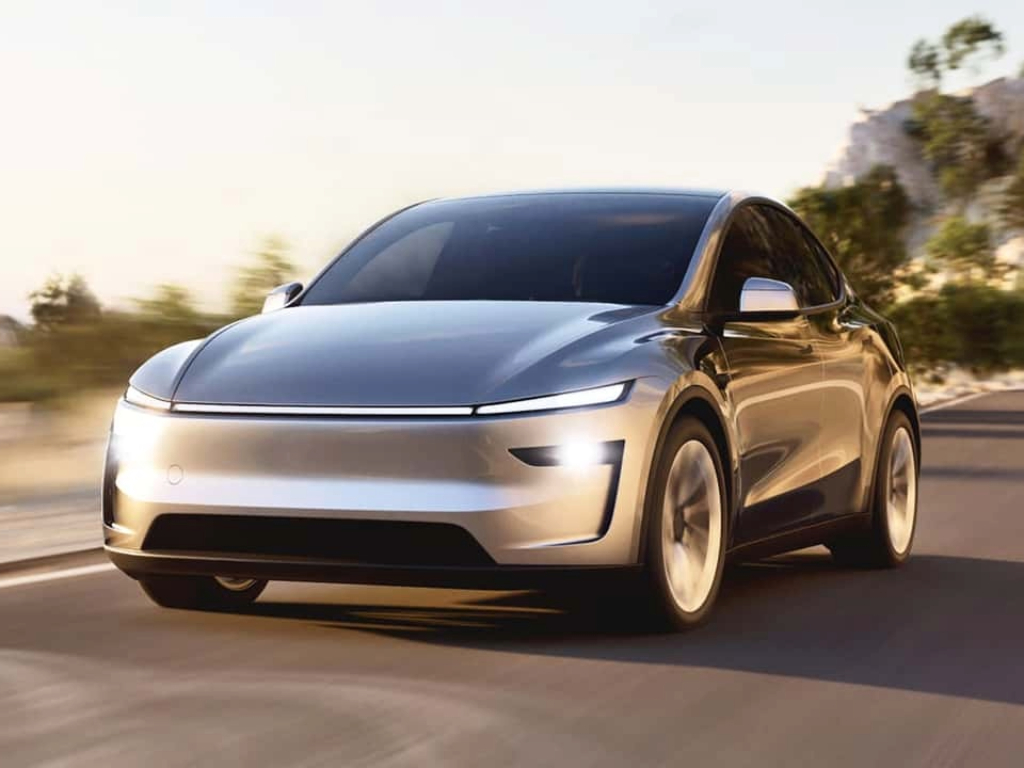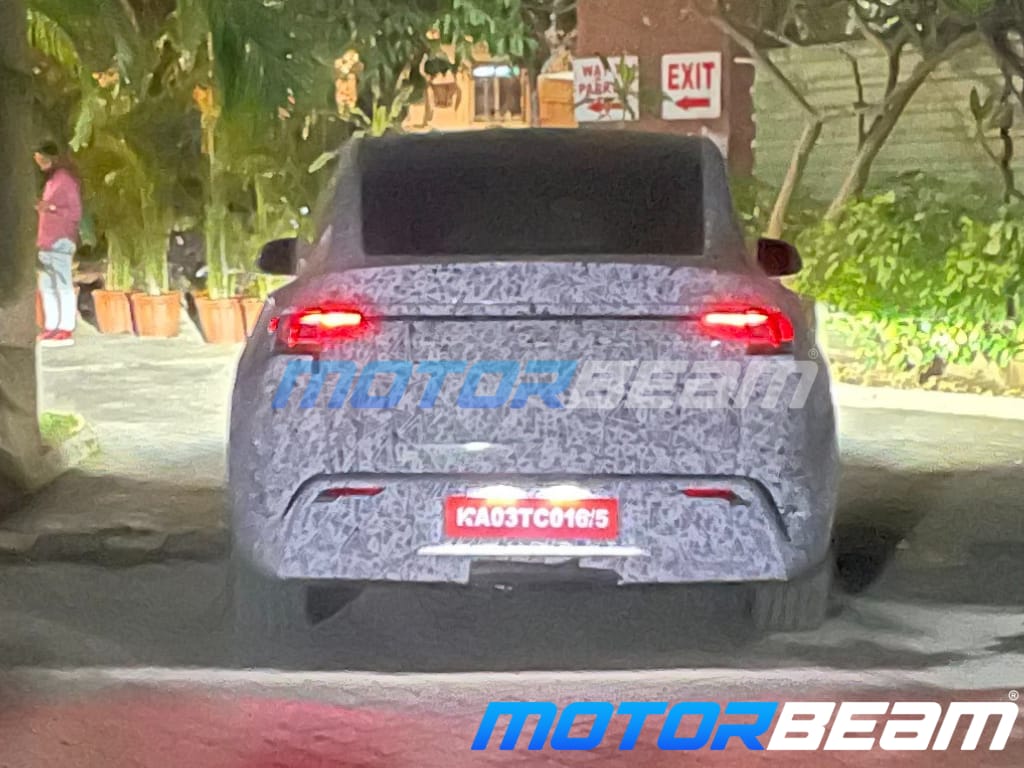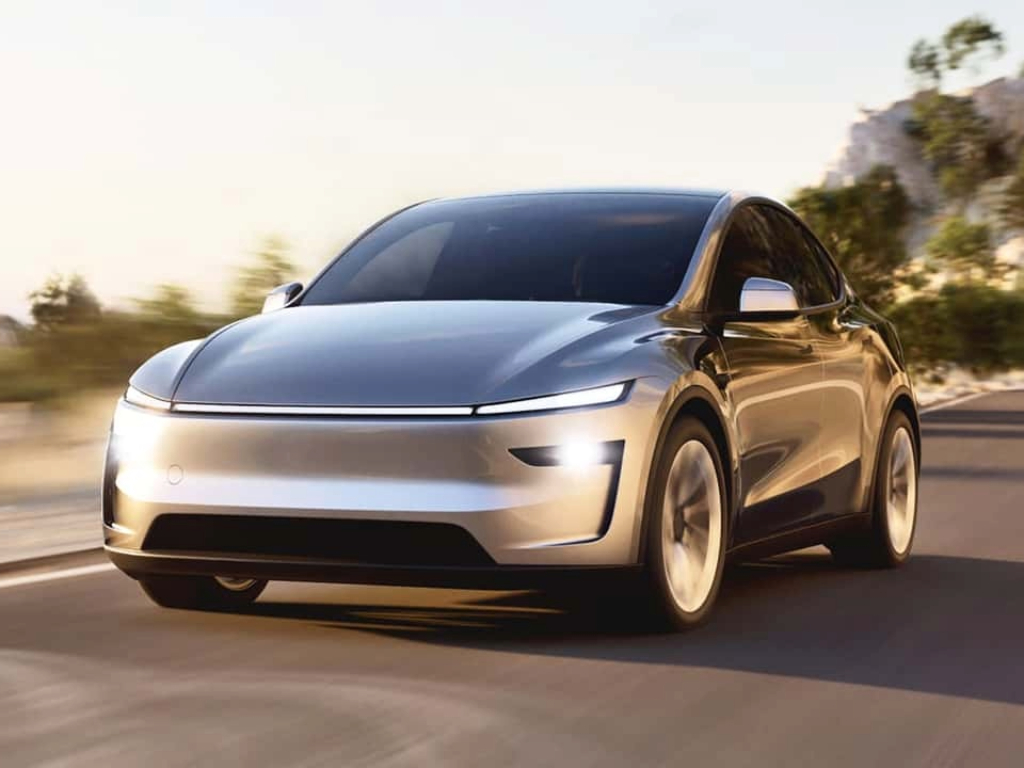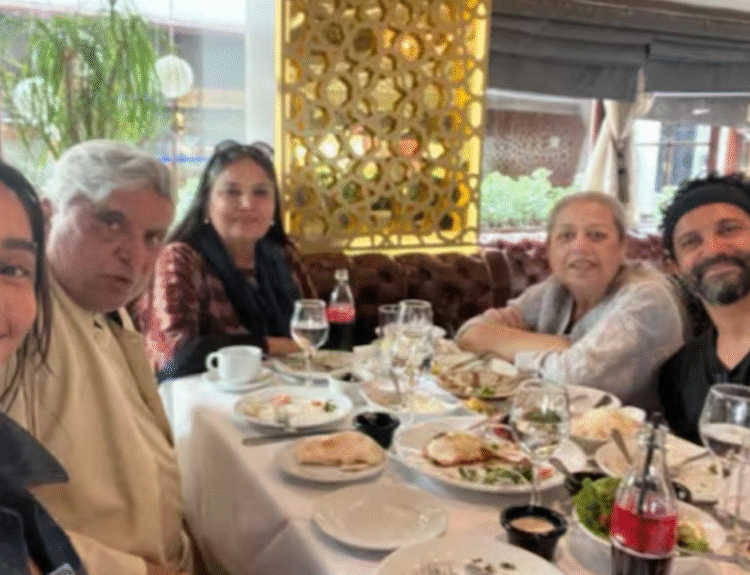
India invites global EV makers under new policy offering import duty concessions
India has launched registrations under its new electric vehicle policy aimed at attracting global automakers to invest in local EV manufacturing. The government hopes to draw companies like Tesla by offering significant import duty concessions in exchange for establishing manufacturing operations in the country.
The Scheme to Promote Manufacturing of Electric Passenger Cars in India (SPMEPCI), which has been under discussion since March last year, provides a concessional import duty rate of 15% on high-value electric vehicle imports for up to 8000 units annually over five years. In return, automakers must commit at least Rs. 4150 crores in new investments within three years, including spending on plant setup, machinery and R&D.
In a renewed push, India’s Ministry of Heavy Industries has announced outreach efforts to embassies of countries like the USA, Germany, Vietnam, the UK and others to encourage global EV manufacturers to take advantage of the scheme. Tesla, which has shown fluctuating interest in the Indian market over the years, remains a focal point in these efforts. Despite earlier reservations over policy conditions, Tesla is still being invited to apply under the current framework.
However, not all companies are eligible. Restrictions continue for automakers from countries that share land borders with India, effectively excluding Chinese EV giant BYD. Meanwhile, Vietnamese automaker VinFast, which has already invested in EV production in India, can only benefit from the scheme if it makes an additional investment of at least $500 million.
To qualify, companies must meet stringent eligibility criteria, including global automotive manufacturing revenue of at least Rs. 10,000 crore and fixed asset investments of Rs. 3000 crore. The policy also mandates a domestic value addition (DVA) of 25% within three years of starting production, increasing to 50% within five years. This condition aims to boost the local EV ecosystem and reduce dependency on imports.
Initially designed for foreign automakers establishing new operations in India, the policy was later amended to also include brownfield investments after concerns from domestic manufacturers such as Tata Motors and Maruti Suzuki. These amendments allow existing companies to participate, provided any fresh investment is clearly separated from existing facilities.
Despite the government’s proactive approach, industry interest remains measured. While some global automakers, including representatives from Hyundai and Skoda Volkswagen, have shown preliminary interest, few have made firm commitments. Local manufacturers, such as Tata Motors and Mahindra, attended the policy launch but are wary of increased competition if major global players take advantage of the import duty concessions.
The registration portal for the scheme will remain open for four months, providing a window for global OEMs to apply. With the emphasis on significant capital investment and domestic sourcing, the policy is designed to balance attracting foreign investment with strengthening India’s EV manufacturing base.
How successful the policy will be in drawing major global players like Tesla remains to be seen but the government is keen to position India as a competitive hub for electric vehicle production.

The post India Opens New Electric Car Policy To Woo Global Investments, Tesla Still Welcome appeared first on MotorBeam.








